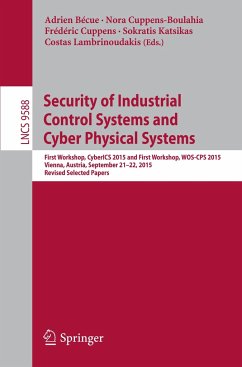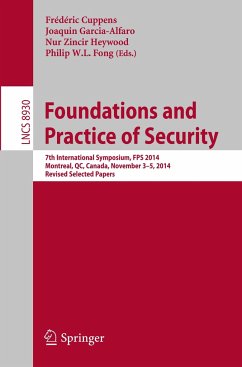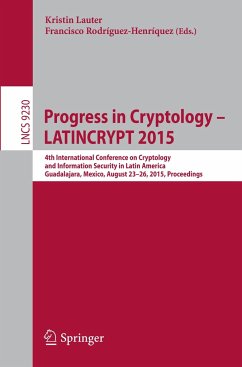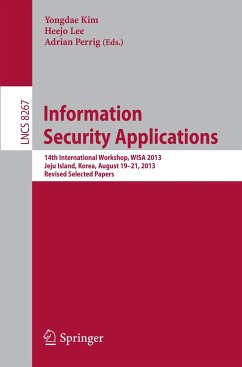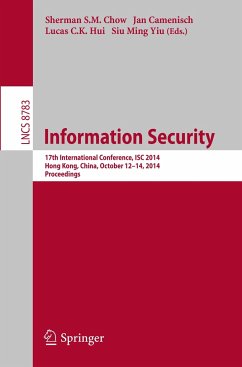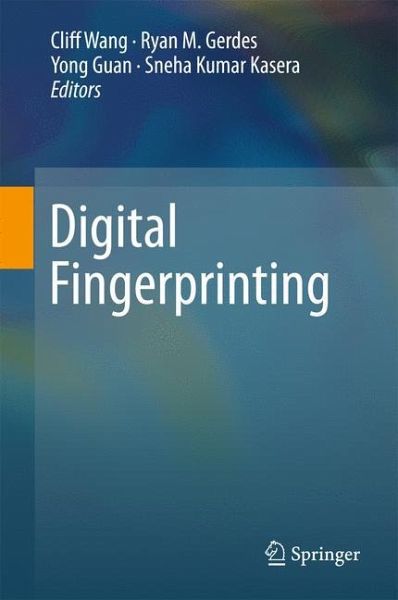
Digital Fingerprinting

PAYBACK Punkte
42 °P sammeln!
This is the first book on digital fingerprinting that comprehensively covers the major areas of study in a range of information security areas including authentication schemes, intrusion detection, forensic analysis and more. Available techniques for assurance are limited and authentication schemes are potentially vulnerable to the theft of digital tokens or secrets. Intrusion detection can be thwarted by spoofing or impersonating devices, and forensic analysis is incapable of demonstrably tying a particular device to specific digital evidence. This book presents an innovative and effective ap...
This is the first book on digital fingerprinting that comprehensively covers the major areas of study in a range of information security areas including authentication schemes, intrusion detection, forensic analysis and more. Available techniques for assurance are limited and authentication schemes are potentially vulnerable to the theft of digital tokens or secrets. Intrusion detection can be thwarted by spoofing or impersonating devices, and forensic analysis is incapable of demonstrably tying a particular device to specific digital evidence. This book presents an innovative and effective approach that addresses these concerns.
This book introduces the origins and scientific underpinnings of digital fingerprinting. It also proposes a unified framework for digital fingerprinting, evaluates methodologies and includes examples and case studies. The last chapter of this book covers the future directions of digital fingerprinting.
This book is designed for practitioners and researchers working in the security field and military. Advanced-level students focused on computer science and engineering will find this book beneficial as secondary textbook or reference.
This book introduces the origins and scientific underpinnings of digital fingerprinting. It also proposes a unified framework for digital fingerprinting, evaluates methodologies and includes examples and case studies. The last chapter of this book covers the future directions of digital fingerprinting.
This book is designed for practitioners and researchers working in the security field and military. Advanced-level students focused on computer science and engineering will find this book beneficial as secondary textbook or reference.




